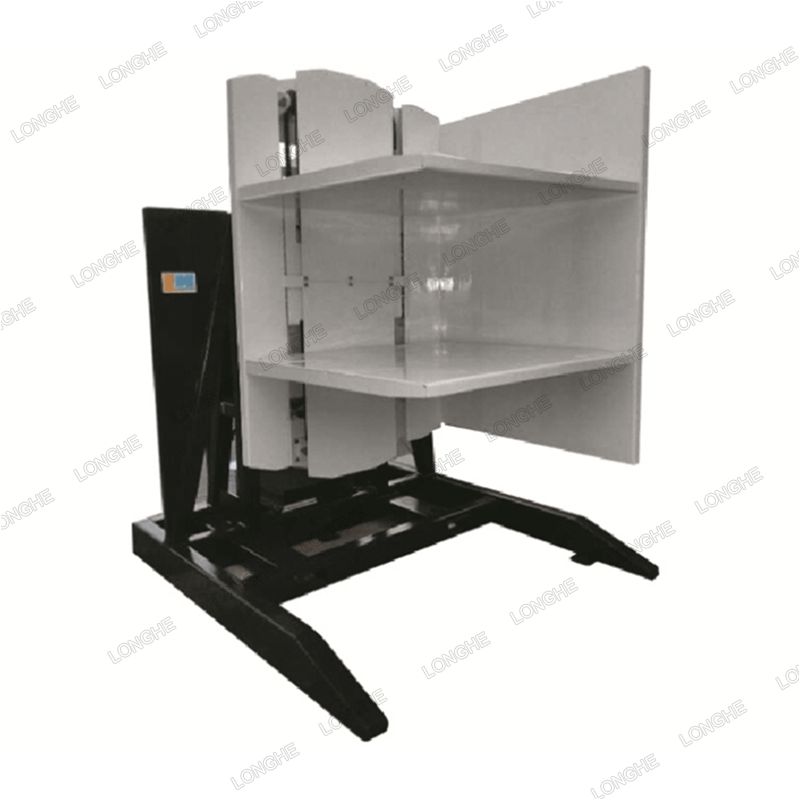Applications and Benefits of Pallet Inverters
Applications of Pallet Inverters
Pallet inverter find applications in a wide range of industries where efficient material handling and pallet exchange are critical. Some common applications include:
Food and Beverage Industry
In the food and beverage industry, pallet inverters are used to facilitate the exchange of pallets during the distribution process. This allows for the removal of damaged or contaminated pallets, ensuring that products are transported on clean and safe pallets.
Manufacturing and Warehousing
Pallet inverters play a crucial role in manufacturing and warehousing operations. They enable the quick and efficient transfer of goods from one pallet to another, reducing downtime and improving overall productivity. Pallet inverters are particularly useful when dealing with irregularly shaped or unstable loads.
Pharmaceutical and Chemical Industries
In industries where strict hygiene and safety standards are paramount, such as the pharmaceutical and chemical sectors, pallet inverters are utilized to replace contaminated or compromised pallets. This ensures that sensitive products are stored and transported in compliance with regulatory requirements.

Benefits of Using Pallet Inverters
The utilization of pallet inverters brings several notable benefits to material handling operations:
Time and Labor Savings
By automating the pallet exchange process, pallet inverters significantly reduce the time and labor required for manual pallet handling. This leads to increased efficiency and cost savings for businesses.
Enhanced Safety
Pallet inverters contribute to improved workplace safety by eliminating the need for manual labor and reducing the risk of injuries associated with pallet handling. The automated rotation process ensures a controlled and secure transfer of goods.
Reduction in Product Damage
During the pallet exchange process, the use of pallet inverters minimizes the risk of product damage. The controlled rotation prevents excessive vibrations or jolts that can cause goods to shift or topple, thereby safeguarding the integrity of the load.
Flexibility and Adaptability
Pallet inverters offer versatility in handling various load sizes, shapes, and types of pallets. This adaptability allows businesses to accommodate different product requirements and optimize their material handling processes.
Cost-effective Solution
By streamlining pallet exchange and reducing product damage, pallet inverters offer a cost-effective solution in the long run. The investment in this equipment pays off through increased efficiency, reduced labor costs, and minimized product losses.
Conclusion
The pallet inverter has become an indispensable tool in the field of material handling, providing businesses with a safe, efficient, and cost-effective solution for pallet exchange and load transfer. Its ability to rotate pallets 180 degrees simplifies the process of replacing damaged pallets, improving overall productivity and reducing the risk of workplace injuries. Pallet inverters find applications in various industries, including food and beverage, manufacturing, and pharmaceuticals, where the need for pallet exchange is critical. By incorporating pallet inverters into their operations, businesses can enhance efficiency, minimize product damage, and optimize their material handling processes.

